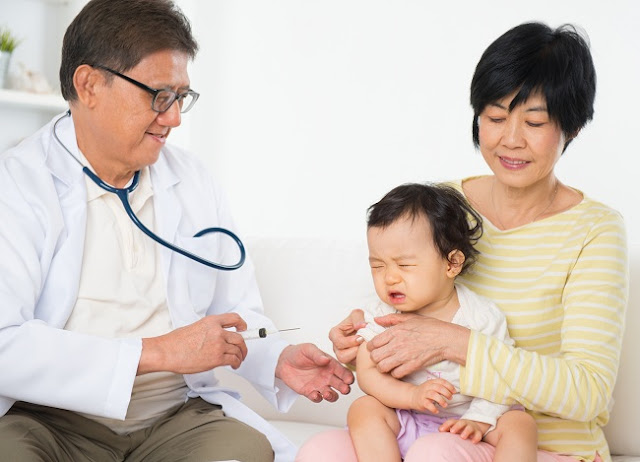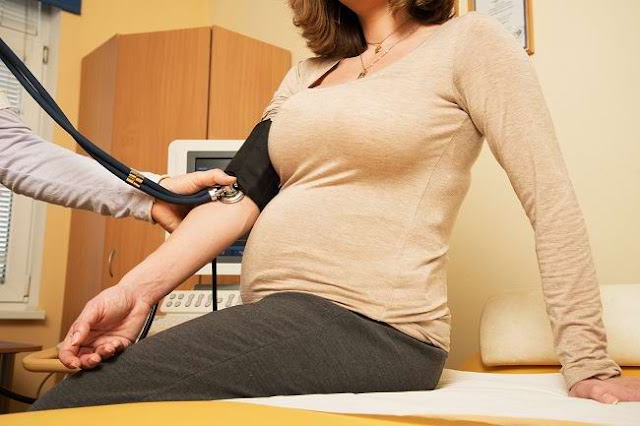No Need to Panic Facing Fever in Infants
All babies have a fever. This condition is indeed common in everyone, including the Little One. In medical science, babies are said to have a fever if their body temperature reaches 38 degrees Celsius or more.
As a parent, you must be worried and panicked when you find your little body feels hot. You don't need to rush to the doctor when facing this kind of situation. There are times when a fever in a baby is a normal condition and can be treated at home.
Fever itself is actually a symptom. This condition is usually a sign that the baby's body is fighting disease. For example fever because of the effects of immunization. Fever can be considered evidence that the immune system is working properly. In other words, your baby's body's performance is running normally.
Fever can also attack the baby if he is too long outdoor activities during hot weather. Or it can also happen when you wear clothes that are too thick. Therefore, you do not need to worry too much if the baby's body feels hot, but he still looks active and still wants to drink milk.
What to Look Out For When a Fever Occurs in a Baby
Fever in babies does not always indicate a dangerous thing, but there are certain conditions that require more attention. You must be vigilant when the baby has a fever accompanied by signs such as the following:- No appetite.
- Look listless and not excited when invited to play.
- Not responsive.
- Have a rash.
- Gag.
- Diarrhea.
- Grumpy during sleep.
- Shortness of breath or baby's breath sounds.
- There are signs of dehydration, such as dry mouth, no tears when crying, or diapers are not as wet as usual.
- Convulsions.
How to Measure Baby's Body Temperature
To find out if your baby has a fever or not, you can't just touch your baby's forehead warmly. Try measuring his body temperature using a thermometer. It is recommended to measure the baby's body temperature through the anus, because that part is considered more accurate than the mouth, armpits, or ears. After all, the anal thermometer is also easier to apply to your baby. Before measuring body temperature, you must make sure the thermometer is hygienic. Before use, wash thoroughly using soap and rinse with clean water. Position your baby on his stomach in your arms, then insert the thermometer that has been smeared with petroleum jelly slowly into the anus with a depth of about 2.5 cm. Hold the thermometer for two minutes. If using a digital thermometer, hold it until you hear a notification sound from the thermometer. After that, pull slowly and read the results. For information, normal baby's body temperature is in the range of 36-37.9 degrees Celsius.How to Overcome Fever in Infants
To overcome the fever in infants aged three months and above, you can do simple initial treatment at home, such as:- Wash your baby using warm water. Make sure the water is not too hot for the baby's skin. Taking a warm bath also allows your child to breathe warm air so that he can breathe. In addition, the little body will also feel more relaxed.
- After that, wear clothes that are comfortable for babies who have a fever, like clothes with thin material. Avoid thick and piled clothes.
- Give your child adequate intake of fluids such as breast milk, formula milk, or water, to prevent the baby from dehydration.
- For the use of medicines, including fever relievers and cough medicines for babies, you should consult your doctor before giving them to your child.




Komentar
Posting Komentar